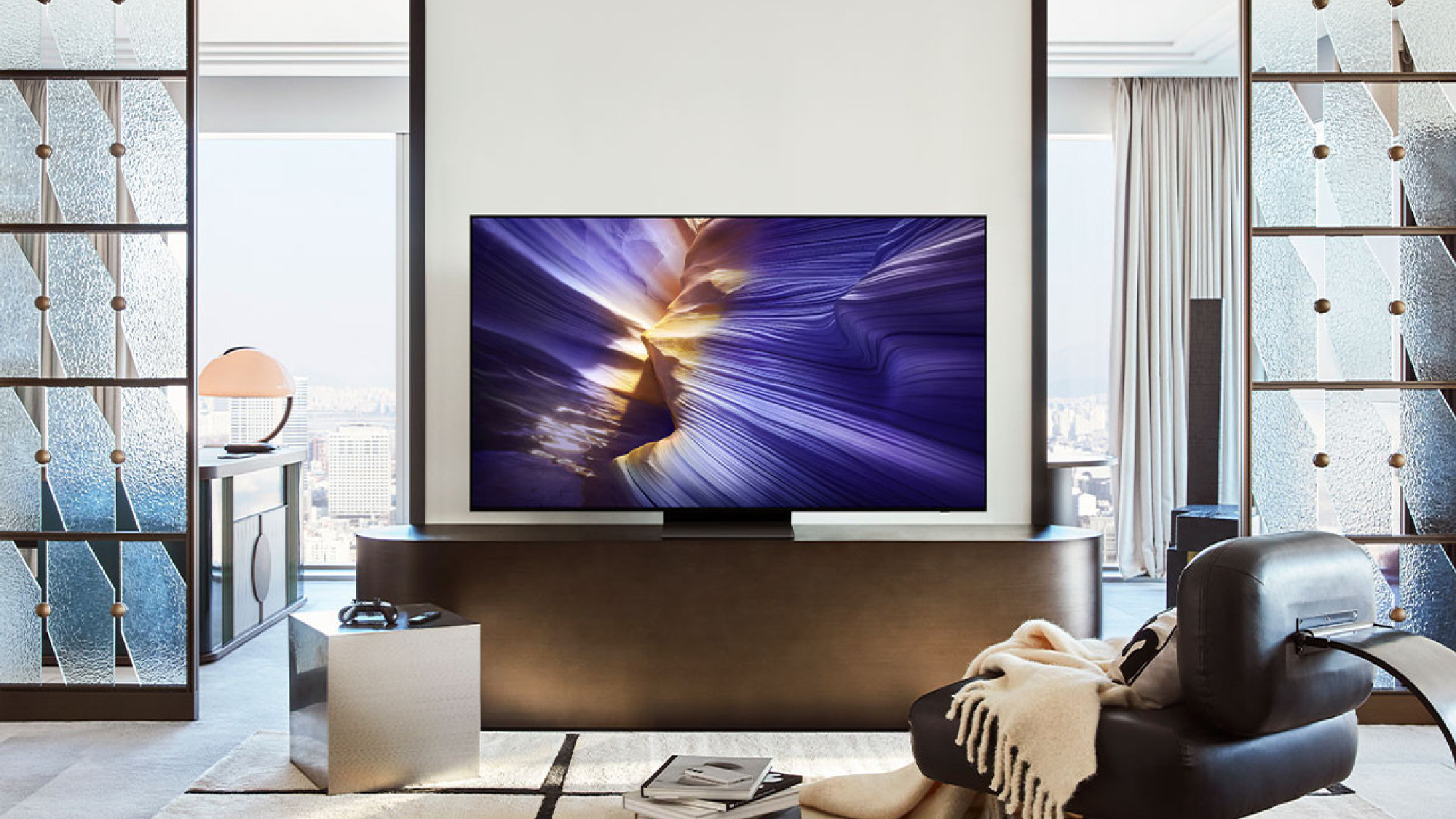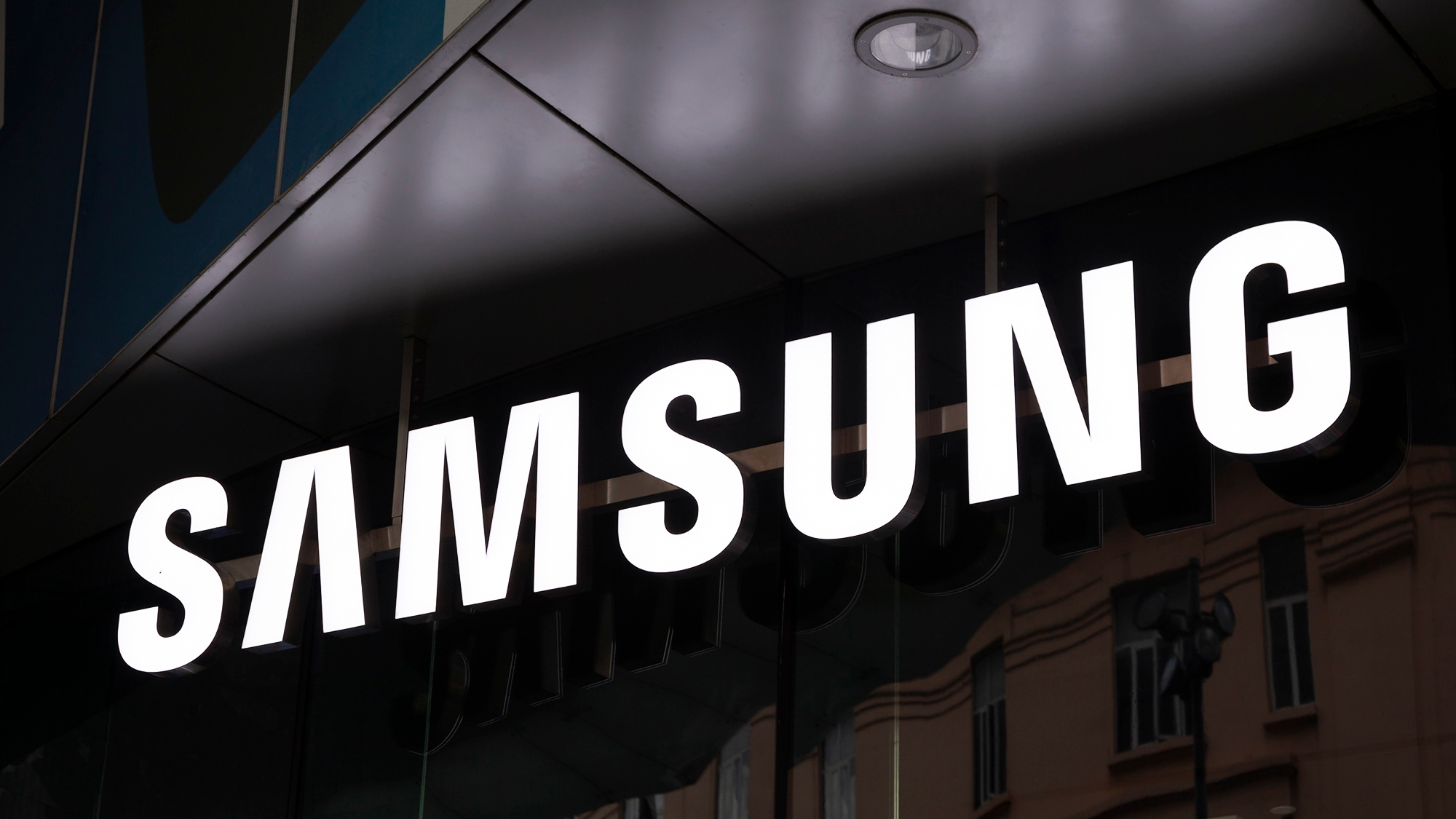Samsung OLED TVs are set to get even thinner — here’s how
This new display is thinner than a number two pencil

Here at Tom’s Guide our expert editors are committed to bringing you the best news, reviews and guides to help you stay informed and ahead of the curve!
You are now subscribed
Your newsletter sign-up was successful
Want to add more newsletters?

Daily (Mon-Sun)
Tom's Guide Daily
Sign up to get the latest updates on all of your favorite content! From cutting-edge tech news and the hottest streaming buzz to unbeatable deals on the best products and in-depth reviews, we’ve got you covered.

Weekly on Thursday
Tom's AI Guide
Be AI savvy with your weekly newsletter summing up all the biggest AI news you need to know. Plus, analysis from our AI editor and tips on how to use the latest AI tools!

Weekly on Friday
Tom's iGuide
Unlock the vast world of Apple news straight to your inbox. With coverage on everything from exciting product launches to essential software updates, this is your go-to source for the latest updates on all the best Apple content.

Weekly on Monday
Tom's Streaming Guide
Our weekly newsletter is expertly crafted to immerse you in the world of streaming. Stay updated on the latest releases and our top recommendations across your favorite streaming platforms.
Join the club
Get full access to premium articles, exclusive features and a growing list of member rewards.
Just when you thought OLED TVs couldn't get any thinner, new developments in OLED engineering have made even thinner panels a distinct possibility.
Samsung Display — display-makers of some of the best OLED TVs you can buy — recently showed off the UT One OLED display at Computex 2005, and its wafer-thin profile is turning heads.
According to a report from FlatpanelsHD, the UT One OLED display measures in at just 0.6mm, which is almost as thin as most credit cards.
To put this into TV terms, consider Samsung’s latest flagship OLED, the Samsung S95F, whose panel is about 11mm at its thickest point.
Beyond the fact that this type of display is futuristic and cool-looking, Samsung Display reports that its UT One OLED display is both 30% lighter and 30% more energy efficient than traditional OLED displays.

UT One OLED display is reportedly 30% lighter and 30% more energy efficient than traditional OLED displays.
Samsung Display says production of the UT One display will begin in 2026, but don’t expect Samsung’s 2026 OLED TV lineup to be a part of the wave of new displays. In all likelihood, smaller-sized devices (like laptops and tablets) will see UT One OLED integration first before it scales up to TVs.
Nevertheless, with so many recent developments in OLED engineering, it’s an exciting time to imagine the not-so-far-off future of OLED TVs.
LG Display recently announced that it’s entering the mass-production phase of blue PHOLED display technology, which has taken years to develop and promises better energy efficiency, too, among other benefits.
Get instant access to breaking news, the hottest reviews, great deals and helpful tips.
If you squint, it’s not hard to see an entirely different landscape for OLED TVs in just a few years time.
More from Tom's Guide

Michael Desjardin is a Senior Editor for TVs at Tom's Guide. He's been testing and tinkering with TVs professionally for over a decade, previously for Reviewed and USA Today. Michael graduated from Emerson College where he studied media production and screenwriting. He loves cooking, zoning out to ambient music, and getting way too invested in the Red Sox. He considers himself living proof that TV doesn't necessarily rot your brain.
You must confirm your public display name before commenting
Please logout and then login again, you will then be prompted to enter your display name.
 Club Benefits
Club Benefits










